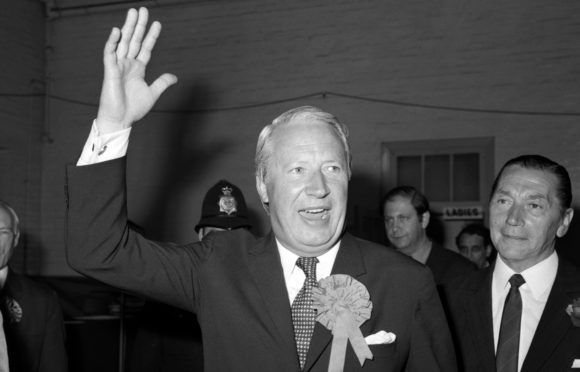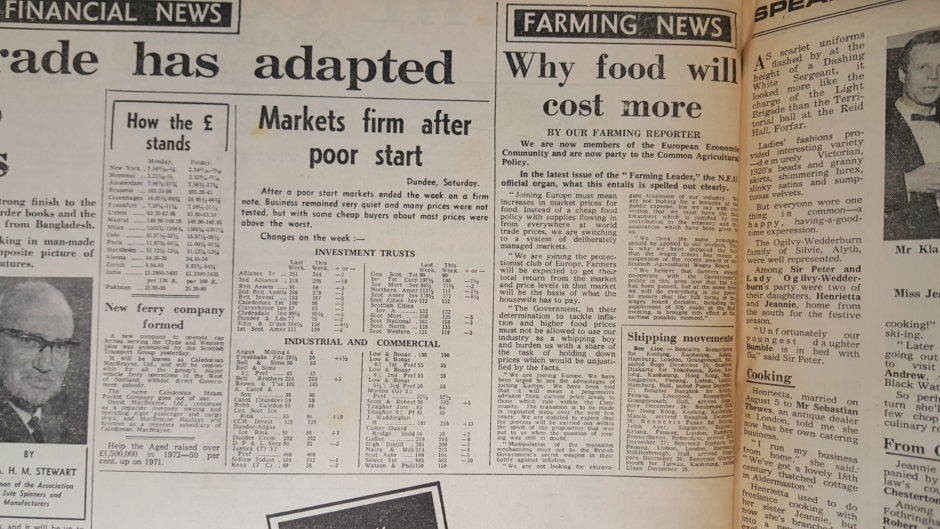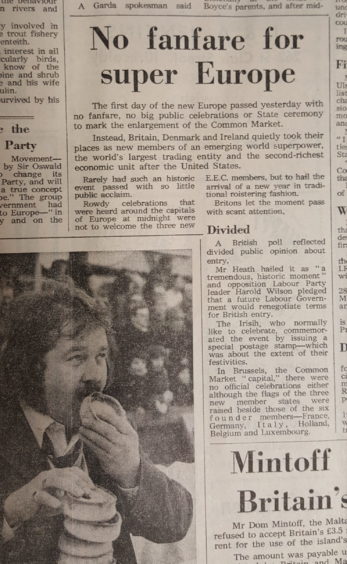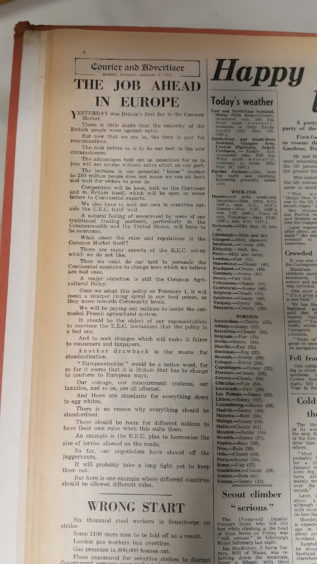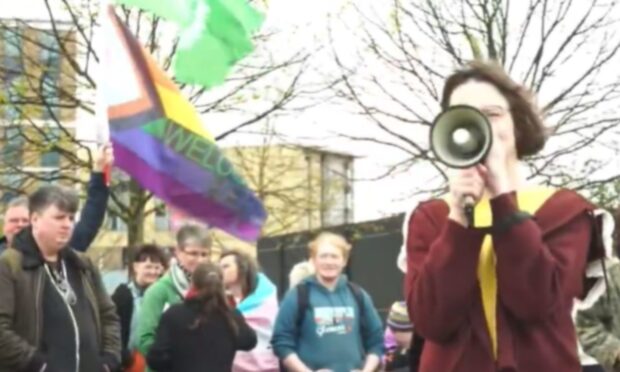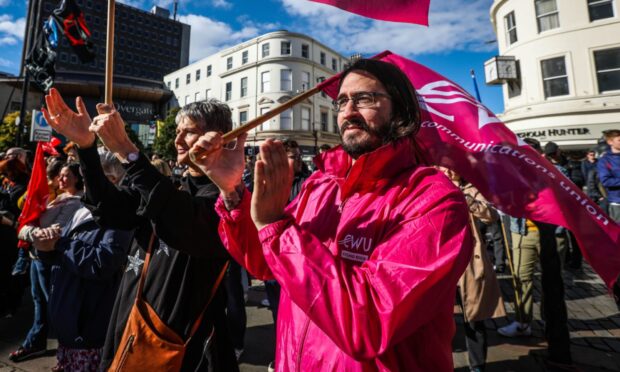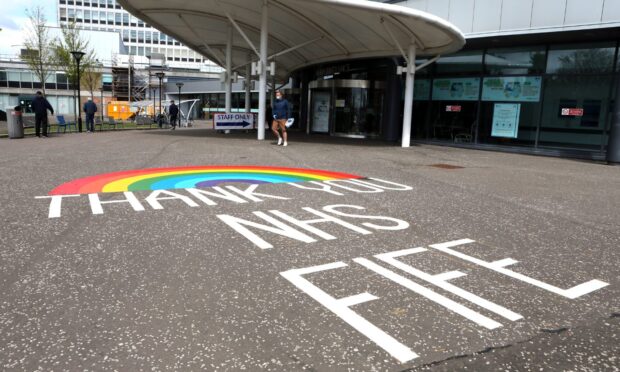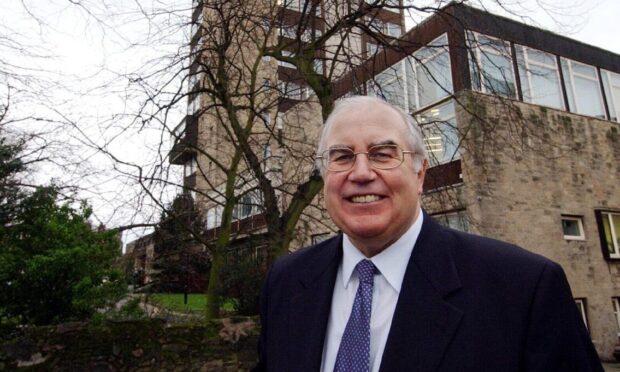On January 1 1973, following years of negotiations, Prime Minister Edward “Ted” Heath realised his dream of taking the UK into the European Communities.
Dubbed by some historians as “Heath’s finest hour”, the mood for joining what was to become the EU in Britain was tepid to say the least.
Joining Europe must mean increases in market prices for food. Instead of a cheap food policy with supplies flowing in from everywhere at world trade prices we are switching to a system of deliberately managed markets.”
– National Farmers’ Union, January 1 1973
Sir Edward gave a speech on the same day, at a celebration banquet.
He said: “What we are building is a community, whose scope will gradually extend until it virtually covers the whole field of collective human endeavour.
On January 2 (there were no papers on January 1, of course) The Courier and Evening Telegraph printed a small number of articles on the UK’s admittance into the EC. However, as far as we can tell, it did not even make the front page…
The farmers’ voice
The ever-popular farming pages, written in this instance by “our farming reporter”, quote the National Farmers’ Union (NFU) on what exactly joining the EC entails.
“We are now members of the European Economic Community and are now party to the Common Agricultural Policy.
“Joining Europe must mean increases in market prices for food. Instead of a cheap food policy with supplies flowing in from everywhere at world trade prices we are switching to a system of deliberately managed markets.”
Of course, in 2016, the NFU had changed its tone slightly.
The NFU Council resolves that on the balance of existing evidence available to us at present, the interests of farmers are best served by our continuing membership of the European Union.
— National Farmers’ Union, April 18 2016
‘No fanfare for super Europe’
A small article in the Evening Telegraph the same day notes there were “no celebrations”, either in London or Brussels.
“Britons let the moment pass with scant attention…the Irish, who normally like to celebrate, commemorated the event by issuing a special postage stamp.”
The article appeared half-way down the page, next to a picture of a man taking part in a Scotch pie eating contest.
Get the decimal point
In an editorial further back on that day’s Courier, it leads off by saying: “There is little doubt that the majority of the British people were against entry.
“The task before us is to do our best under the circumstances.”
It then goes on to bemoan the onset of “Europeanisation” – in other words the oncoming of the decimal system and the phasing out of imperial measures.
“Our coinage, our measurement systems, our taxation are all affected…there is no reason why everything should be standardised.”

BREXIT DAY: How EU referendum result crashed through the political establishment and set us all on an uncharted course
BREXIT DAY: Why Lord Menzies Campbell believes ‘Leaving the EU is completely against our better interests’
BREXIT DAY: Dundee piper’s lament to EU exit will be echoed at events across Tayside and Fife
The view 47 years later
Conversely, the leader column in The Courier on Friday January 31 2020 (Brexit Day) is pessimistic about leaving the EU.
“In truth, no-one has much idea what a post-EU United Kingdom will look like,” it says.
“Undoubtedly, many things will change for the worse.
“Travelling and working abroad will get harder and vital streams of EU cash will be cut off at source.
“Food, medicine and services are likely to become more expensive and harder to access – at least in the short term.
“There may be a loss of status on the global stage which comes with striking out alone, without the biggest trading bloc in history in our corner.
“However, the die is cast and it is up to the country to make the best of what is left, starting with months of trade talks.”
